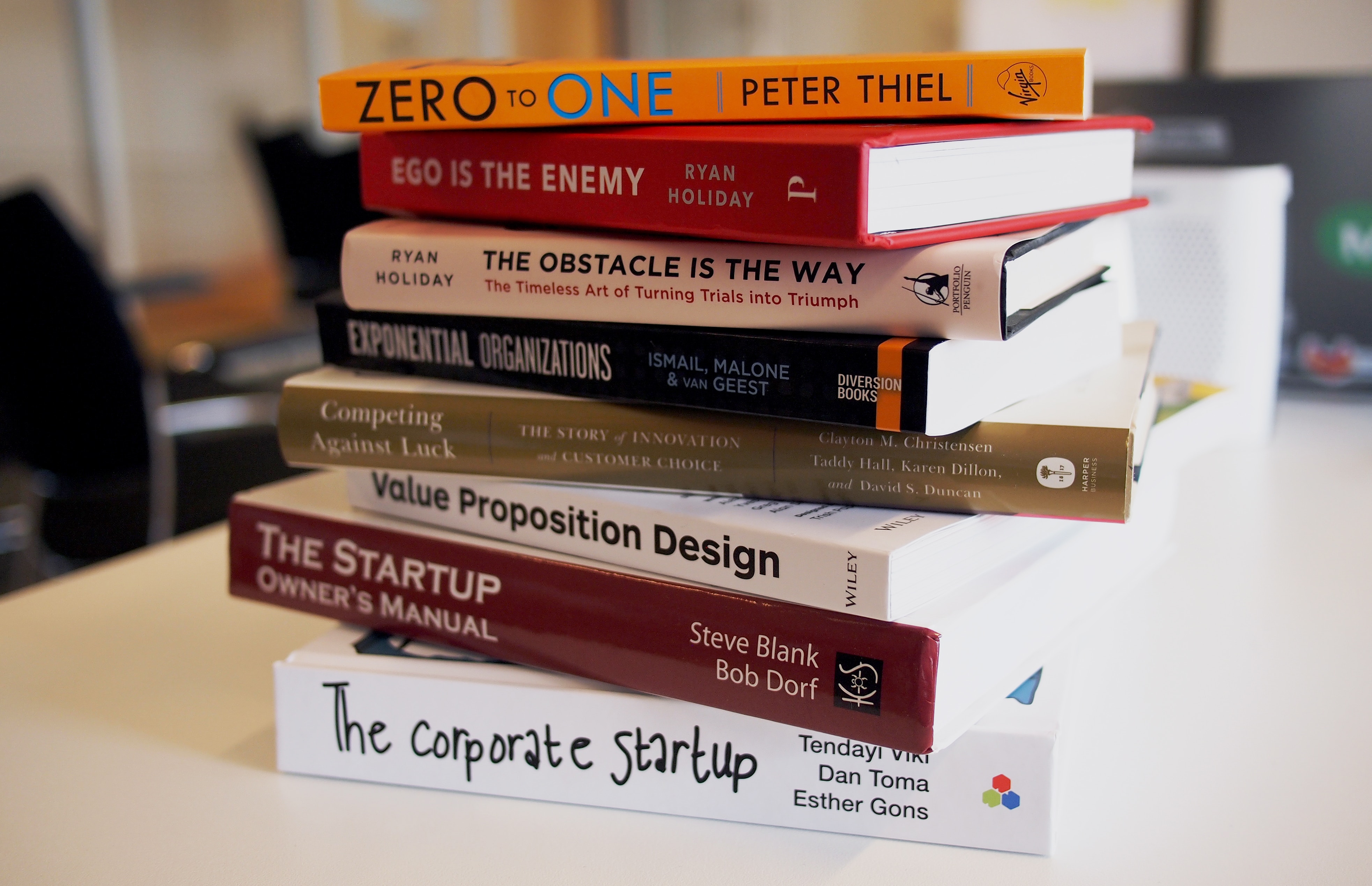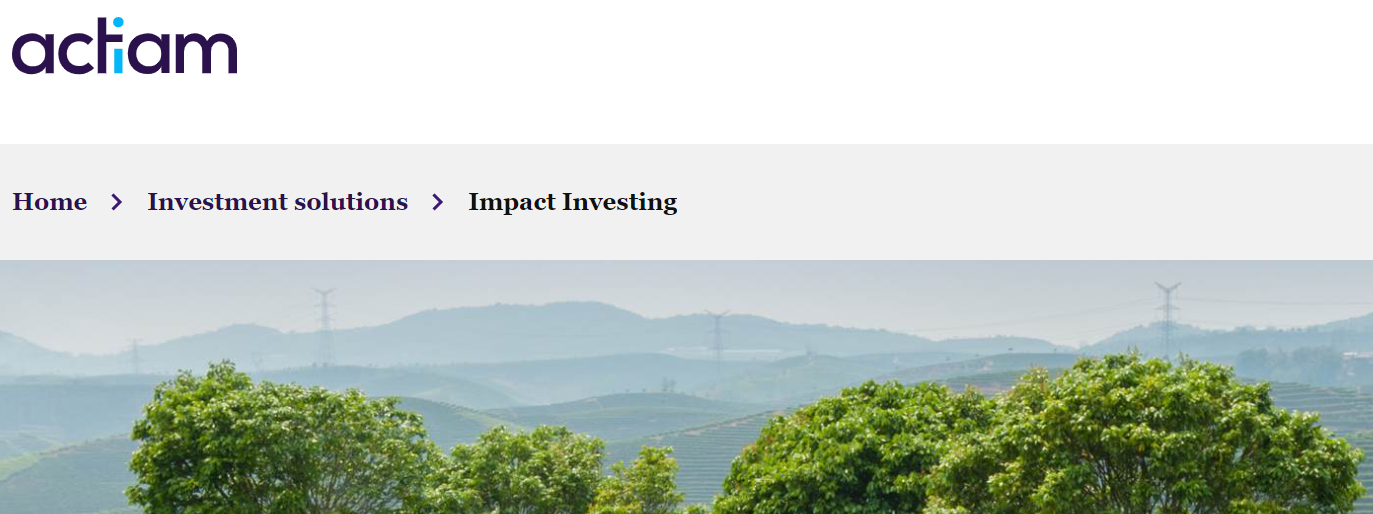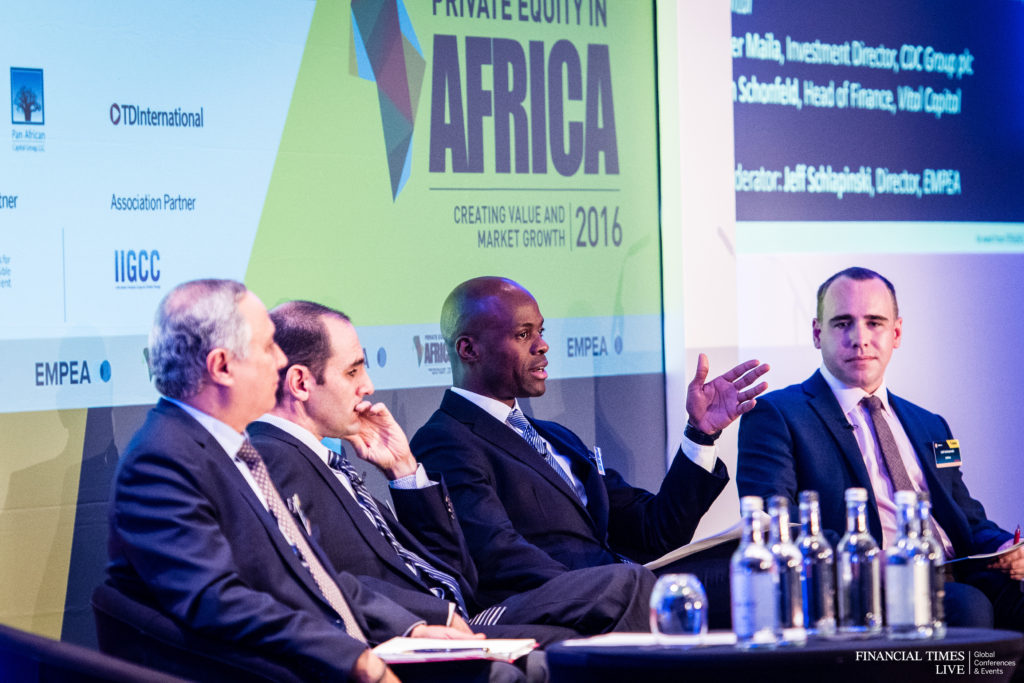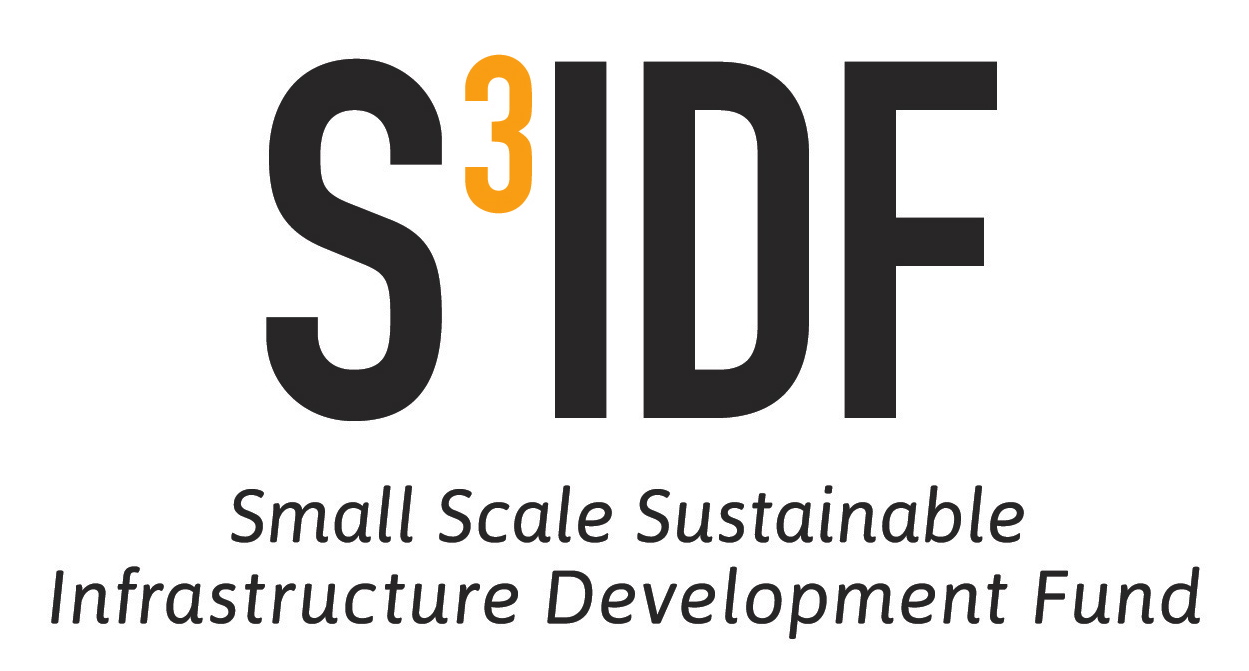Using insights from the Australian Priority Investment Approach to Welfare, the $96.1 million Try, Test and Learn Fund is trialing new or innovative approaches to assist some of the most vulnerable in society onto a path towards stable, sustainable independence.
The fund focuses on priority groups identified, through analysis of Priority Investment Approach data and other policy considerations, as being at high risk of long-term welfare dependency.
The objective of the Try, Test and Learn Fund is to generate new insights and empirical evidence into what works to reduce long-term welfare dependence. Project selection is based, in part, on the value of the evidence that they will generate. Projects will be evaluated to produce high-quality policy evidence about the effectiveness of interventions, for whom, and under what circumstances. In this way, the fund will allow the Government to identify approaches that work, and use this evidence to transform our investment in existing programs or make the case for new investments.
The Try, Test and Learn Fund takes an open and collaborative approach to policy development. This approach is focused on seeking new ideas from and collaborating with a diverse range of stakeholders, including the community sector, business, academia and the general public, in order to develop new ways of tackling complex social challenges. Co-development activities are embedded into projects supported by the fund to refine and optimize project design. These co-development activities are tailored to the needs of each project and may involve collaboration with end users, the Commonwealth and other stakeholders.
The Try, Test and Learn Fund will help achieve the objectives of welfare reform—that is, to develop a modern welfare system that increases the capacity of individuals, reduces the risk of welfare dependency and maintains a strong welfare safety net.
Tranche one and tranche two
The first tranche of the Try, Test and Learn Fund was open for ideas from 9 December 2016 to 24 February 2017. Read more about tranche one.
The second tranche of the Try, Test and Learn Fund was open for applications from 22 November 2017 to 28 September 2018. Read more about tranche two.
Source: Australian Government, Department of Social Services: https://www.dss.gov.au/review-of-australias-welfare-system/australian-priority-investment-approach-to-welfare/try-test-and-learn-fund
#socialfinance #impactinvesting #toronto #ontario #canada #sdgs #mba #wbs #rotman #schulich #socialinnovation #ESG #csr #socialenterprise #thesectorinc #bradfordturner #fundraising #philanthropy #charity #peace #love #change





